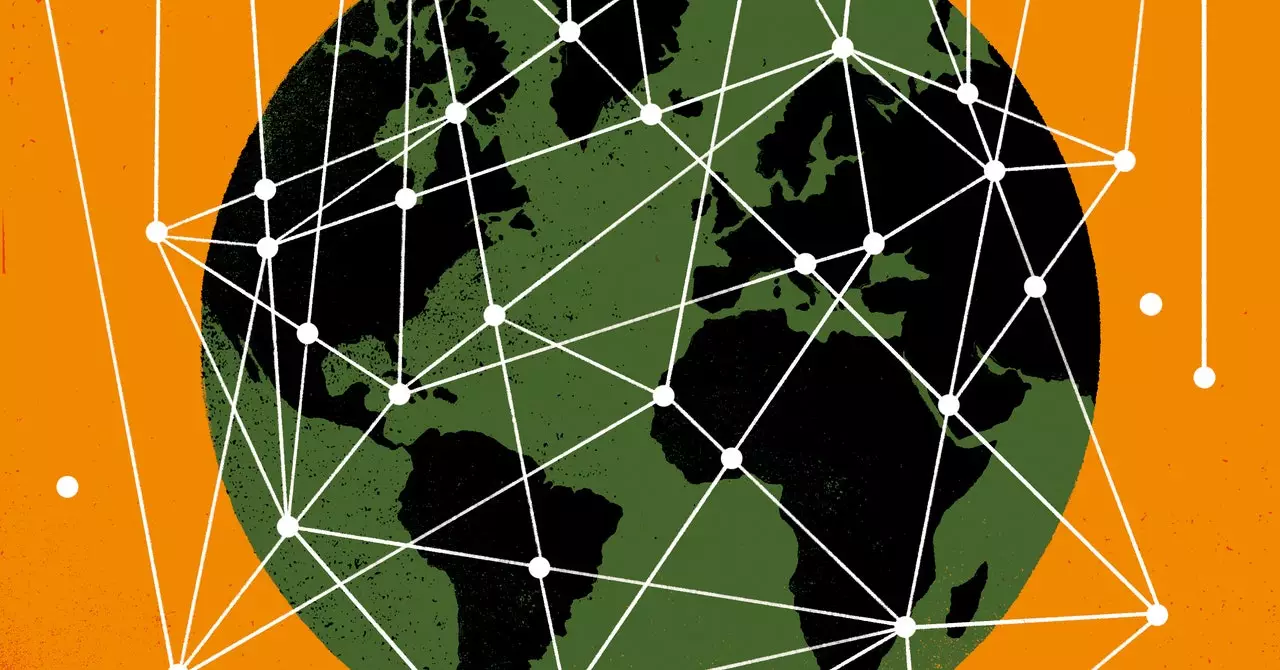As we stand on the cusp of 2025, the dynamics of artificial intelligence (AI) and geopolitics are undergoing significant transformations. The tumultuous years following the introduction of groundbreaking AI models like ChatGPT have created an environment characterized by both optimism and anxiety. Leaders across the globe are beginning to shift from a mindset steeped in competitive nationalism towards one that emphasizes cooperation and shared benefits. This article explores the implications of this evolving landscape and the potential pathways toward a more harmonious future.
From Gold Rush to Moral Panic
The trajectory of AI in recent years has often resembled a duality of exuberance and trepidation. On one hand, substantial investments and innovations have propelled the technology into new realms of possibility. On the other, cautionary voices, including those of industry giants such as Elon Musk and Steve Wozniak, have emerged, urging for a slowdown in the development of advanced AI systems. Their concerns, articulated in an open letter in 2023, reflected fears that AI could parallel threats of nuclear warfare or global pandemics, raising significant ethical and safety questions that politicians are now grappling with.
This dichotomy has muddied the waters of political discourse surrounding AI. Rather than viewing AI as a tool for societal advancement, many nations are increasingly adopting a nationalist perspective. This trend toward “AI nationalism” is characterized by a fierce competition for technological supremacy, reminiscent of Cold War rivalries, where nations are focused more on winning than on collaboration.
AI nationalism has manifested through strategic initiatives by superpowers seeking to empower their domestic AI capabilities. Take China’s ambitious goal, articulated by President Xi Jinping in 2017, aiming to establish the nation as an AI frontrunner by 2030. Their vision, marked by the “New Generation AI Development Plan,” underscores a commitment to achieving a leading position in AI innovation. In contrast, the United States has responded with protective measures, such as the CHIPs and Science Act of 2022, which prohibits semiconductor exports, reflecting a defensive stance against perceived threats from Chinese advancements.
The escalation of AI competition represents a significant shift in how nations perceive technological development. Instead of embracing AI as a collaborative force that can transcend borders and unite countries, many policymakers are framing it as a battleground for supremacy.
Lessons from the Past: Embracing Diplomacy over Nationalism
Yet, history provides valuable lessons. During the Cold War, the U.S. strategically utilized diplomacy and international agreements to foster a cooperative atmosphere in areas like space exploration. Notably, treaties established guidelines for the peaceful use of outer space, creating a precedent for collaborative technological progress. Unfortunately, similar leadership and cooperative frameworks have been lacking in the realm of AI.
As we approach 2025, there are signs of potential change. The upcoming AI Summit in France, spearheaded by President Macron, signals a broader commitment to reorient the conversation from one focused solely on AI’s dangers to pragmatic discussions about its benefits. Macron’s pivot to a more solutions-oriented framework indicates a shift toward prioritizing societal advantages derived from AI.
The United Nations is also recognizing the inadequacies of previous AI governance discourses, responding to international calls for a more inclusive approach. Initiatives aimed at bridging divides between countries will likely emerge, fostering dialogues that could lead to collaborative frameworks for AI development. Furthermore, tentative diplomatic engagements between the U.S. and China signal a willingness to discuss mutual concerns regarding AI, which could lay the groundwork for international agreements.
While the road ahead is fraught with uncertainty, the trajectory toward increased dialogue and cooperation is evident. The collective understanding that AI can be a transformative force for good may drive political leaders to prioritize collaborative endeavors over isolationist policies.
In 2025, the global landscape of AI and geopolitics stands at a pivotal juncture. As nations reflect on the lessons of the past, there is a distinct possibility that the emphasis will shift toward cooperation rather than competition. By engaging in diplomatic conversations, fostering inclusivity, and embracing collaborative frameworks, world leaders can harness the full potential of AI, ensuring that advancements benefit humanity as a whole. The hope is that the emerging dynamics of 2025 will mark the beginning of a new era—one characterized by collective responsibility and shared progress in the AI domain.


Leave a Reply